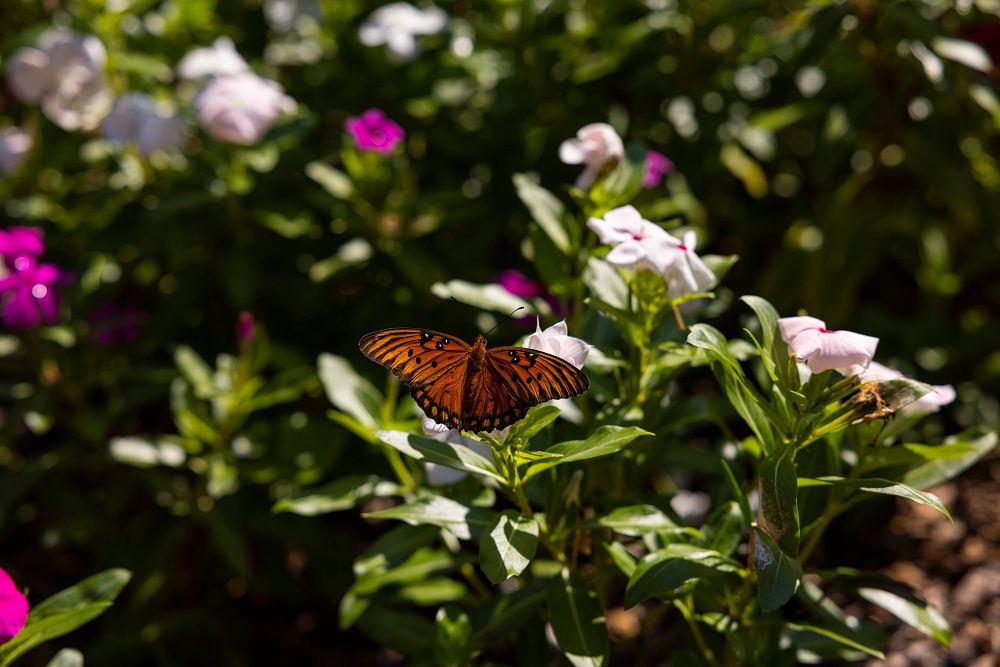Millions of bees die each year due to a phenomenon known as Colony Collapse Disorder. Scientists believe a combination of factors contribute to CCD, including pesticides, environmental and nutritional stresses and pathogens.
University of Georgia bee expert Keith Delaplane will work with a nationwide network to monitor and maintain honeybee health, particularly the causes of CCD, where bees abandon the nest causing the colony to literally collapse. The Bee Informed Partnership will use a five-year, $5 million grant from the U.S. Department of Agriculture’s National Institute of Food and Agriculture to do the work.
The partnership will use an epidemiological approach to identify common bee-management practices and develop better ones on regional and local levels. The partnership will also include beekeepers.
"We would like to reduce honeybee mortality, increase beekeeper profitability and enhance adoption of sustainable management systems in beekeeping," said Dennis vanEngelsdorp, senior Extension associate at the Pennsylvania Department of Agriculture, who will lead the project. "At the same time we want to increase the reliability of production in pollinator-dependent crops and increase the profitability of pollinator-dependent producers."
This is the second Coordinated Agriculture Project, or CAP, the UGA College of Agricultural and Environmental Sciences is involved with to solve honeybee problems. CAP is funded through the U.S. Department of Agriculture Cooperative State Research, Education and Extension Service.
“Between our two CAPs, this is more than $9 million in new federal dollars going toward honeybee decline, and that's good news,” Delaplane said.
Delaplane is the national director of the $4.1 million Managed Pollinator Coordinated Agriculture Project, a consortium of U.S. honeybee scientists and educators working to reverse honeybee decline.
Honeybees pollinate a third of the nation’s food supply and add $15 billion annually to U.S. crops. They pollinate 130 different fruits, vegetables and nuts. While there are other bee pollinators, honeybees are the most prolific and easiest to manage for agricultural pollination.
To find out more about CCD and what Delaplane and his team are doing about it, visit www.extension.org/pages/Bee_Health_Community_Page.





.png)

